For beginners to SEO the terms organic traffic, paid traffic, direct traffic can be confusing but they don’t have to be.
In this post, you’ll learn what is organic traffic, why organic traffic is the most important form of traffic you can get to your website, and the best ways to increase your organic traffic levels.
What is organic traffic?
Organic traffic is the term used to describe visits to a website coming from a search engine’s organic results and not paid ads.
When users type a query in a search engine (such as Google or Bing), they are presented with a set of results that includes both the pages ranking on the top positions organically and a set of ads (usually denoted with the word Ad) to differentiate them from the organic results.
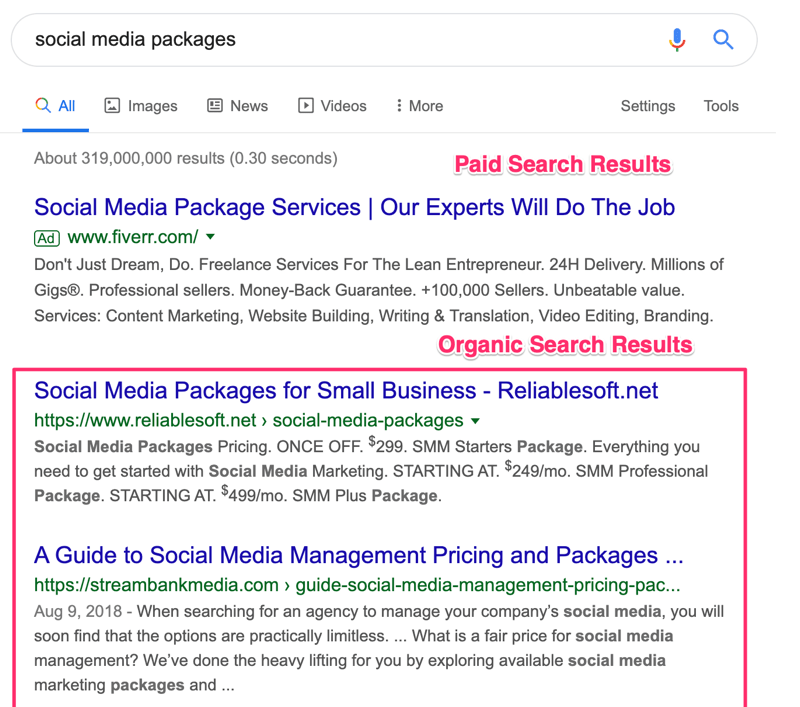
When a user clicks on any of the organic results and visits a website this is recorded in analytics tools as organic search traffic.
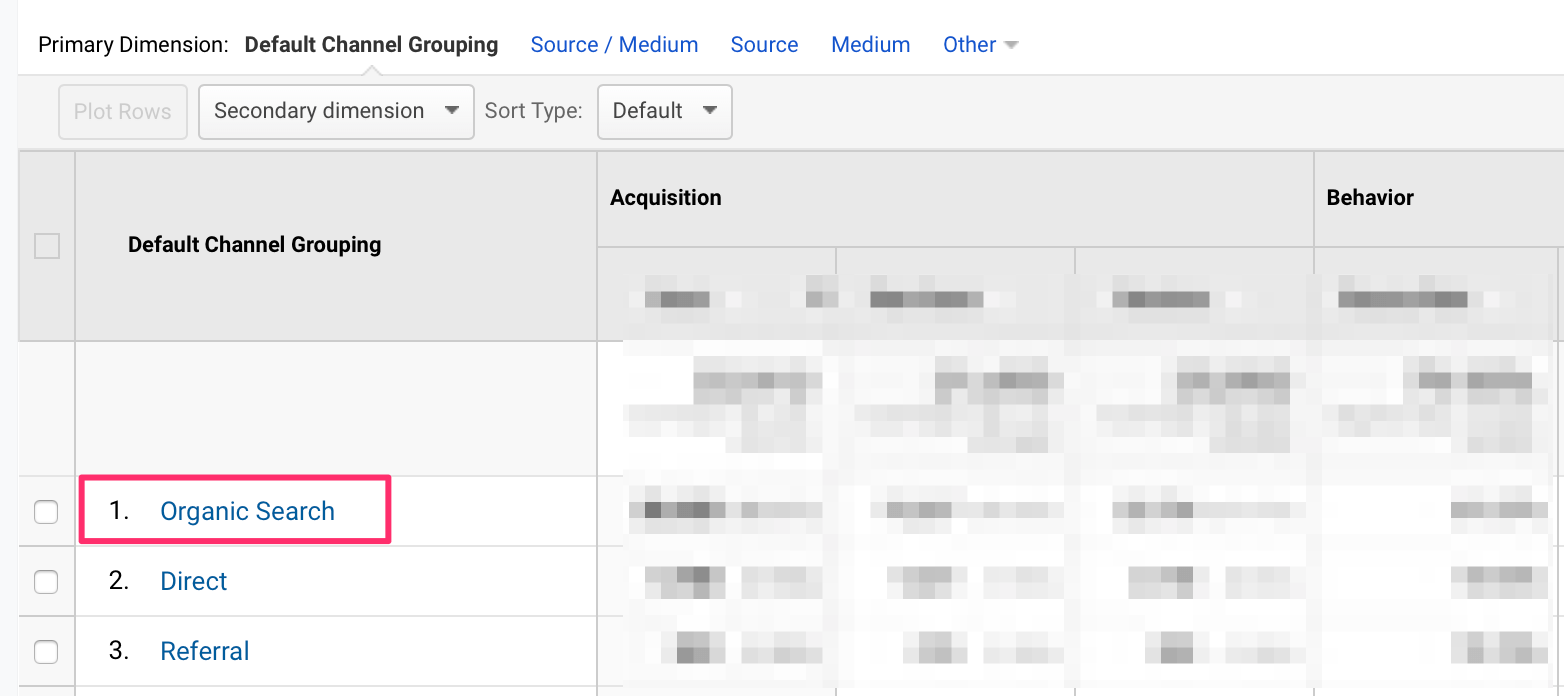
The difference between Organic Traffic and Paid Search Traffic
The main difference between organic traffic and paid search traffic is that organic traffic is free while paid traffic is paid for.
There are two ways to get traffic from search engines. The first way is to rank your website high in the search results using SEO and the second way is to use Google Ads to place your ads on top of the organic results with advertising.
With SEO you can get traffic for free 24/7 but it’s not instant. It takes time for SEO to work and generate results.
On the other hand, with PPC advertising you can get faster results but you will have to pay each time someone clicks on your ads and visits your website.
Another difference between organic and paid traffic (also referred to as SEM), is that once you stop the paid ads traffic to your website will drop while with organic traffic you get traffic as long as you have high rankings.
The process of marketing your website on search engines either organically or through paid ads is called search engine marketing.
Why is organic traffic important?
Organic traffic is the most important form of traffic you can get to your website. It is more important than paid traffic, Facebook traffic, or traffic from other social media networks.
The reason is simple: Organic traffic is targeted.
Users typing a query in a search engine have a very specific intent and if you can provide them with a solution or answer to their question, you will more likely gain a new customer, email subscriber or follower.
In addition to the above, organic traffic is important because it increases website trust and this has a number of additional benefits.
Users trust Google and websites that rank in the top positions of Google organically are trusted by users. This means that is more likely to convert an organic visitor than a visitor coming from Facebook or another medium.
Organic Search Traffic in Google Analytics
One of the ways to monitor your organic traffic levels is through Google Analytics.
Login to Google Analytics and navigate to ACQUISITION > ALL TRAFFIC > CHANNELS.
Look at the ORGANIC SEARCH group in the report. This is how many visits you received from organic traffic i.e. from search engines organic results.
You can also view another report by going to ACQUISITION > ALL TRAFFIC > SOURCE / MEDIUM to see exactly how much traffic you got from each search engine.
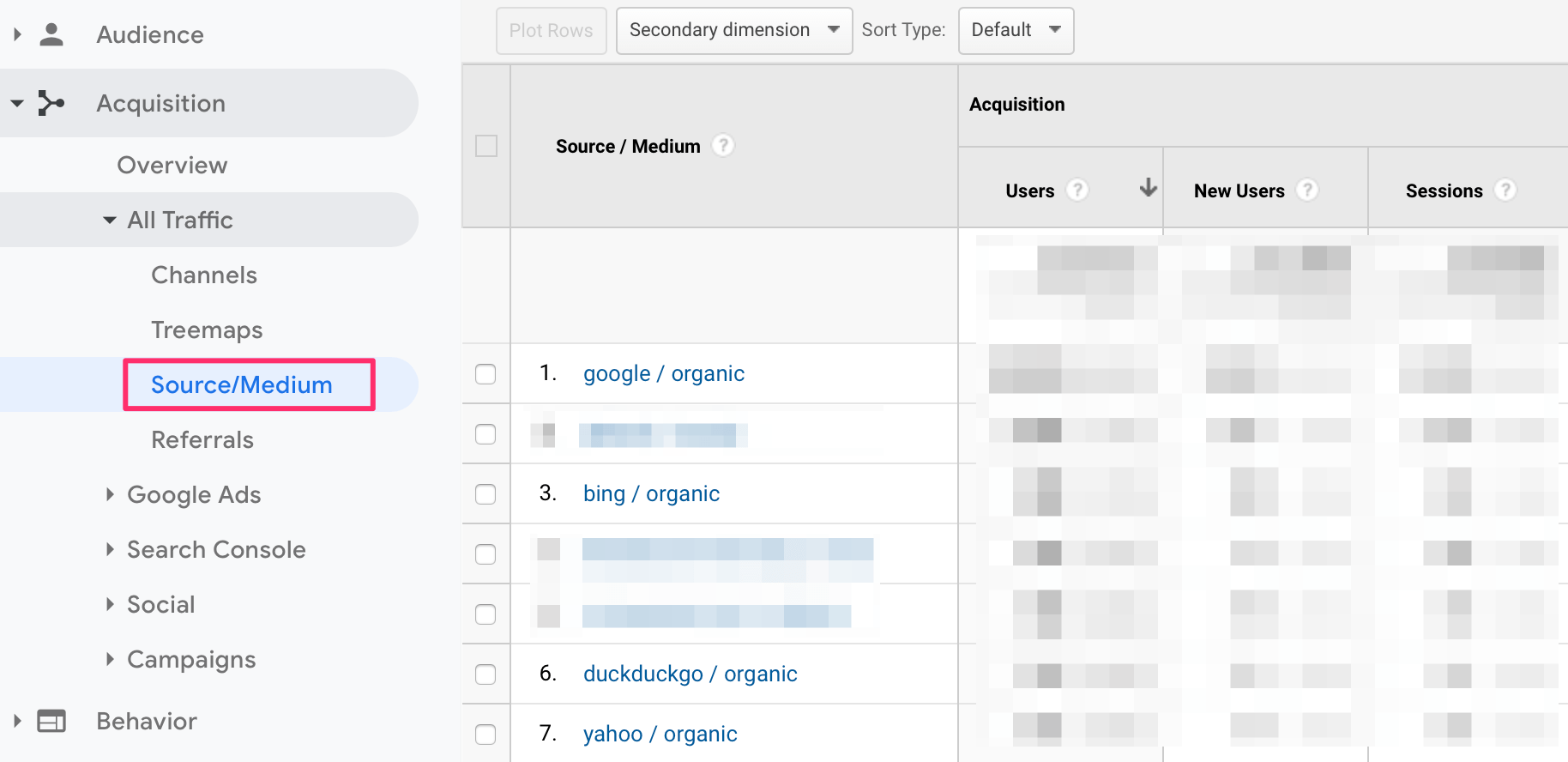
Google / organic – is organic traffic from Google, Bing/organic is traffic from Bing, and so on.
Organic Traffic in Google Search Console
Another way to view how many organic visits you received from Google and for which keywords, is to use the Google Search Console.
Login to Google Search Console and go to PERFORMANCE > SEARCH RESULTS.
The QUERIES tab shows you for which keywords your website showed up in Google organic results (Impressions) and how many visits you received (clicks).
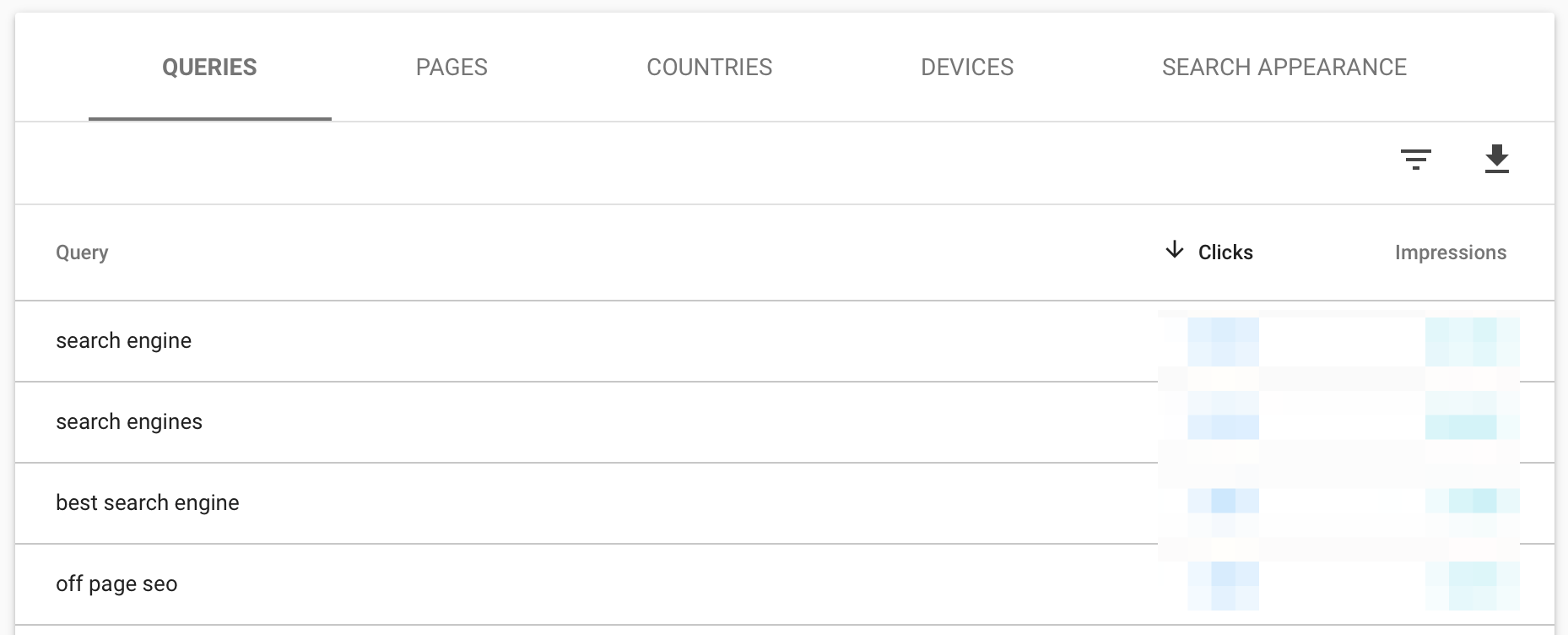
The PAGES tab shows you which pages from your website appeared in Google search and the number of visits they received.
Organic traffic VS Other Traffic Sources
Organic traffic is not the only form of traffic. Looking at your analytics reports, you will also come across:
Paid Search: As explained above, this is traffic coming to your website from paid search ads.
Direct Traffic: When someone visits your website directly by typing the URL in a browser, this is recorded in Google Analytics as direct traffic.
Referral Traffic: When someone clicks a link on another website and visits your website, this is recorded as referral traffic.
Important Note: When a link has the noreferrer tag applied to it, this hides the referral information from Google analytics and traffic is reported as direct.
Social: This is traffic coming from social media networks (Facebook, Twitter, LinkedIn, Pinterest, etc.).
Display: Refers to traffic coming from paid ads on other websites. When you advertise on Google Ads, you have to option to display your ads on other websites. When someone visits your website by clicking on one of your ads, this is recorded as Display traffic in Analytics.
Email: If you are using an email marketing software (like Mailchimp or Sendy) to email your subscribers and you have connected your software with Google Analytics, any traffic generated from clicks on your emails is recorded as Email traffic.
Best Ways to Increase organic search traffic
The best way to increase organic traffic and get more visits from search engines is to follow proven white hat SEO practices.
SEO stands for Search Engine Optimization and it is the process to follow to optimize your website so that it can rank higher in the search engine result pages (SERPS).
There are more than 255 Google ranking factors but the most important are:
# 1 – Publish content that users want to read
One of the characteristics of users using a search engine to look for information is that they have a very specific intent.
Your job is to satisfy their intent by providing them with the right kind of information.
To do that you need to do your keyword research and find out which keywords to target with your content.
In order for a page to have any chances of ranking organically in search engines, it has to target a specific keyword or topic.
Pages targeting several keywords or no keywords at all are very unlikely to receive any organic traffic.
#2 – Include relevant keywords/search terms in your page title
The page title is one of the most critical SEO factors. The title is used by search engines to get an idea of what a page is all about and it is also shown in the search results.
A good page title includes search terms users can recognize and is interesting to encourage users to click on it and visit your website.
Read this guide: How to create SEO Friendly Titles for more information on how to SEO optimize your page titles.
#3 – Get links from other websites
Backlinks from other relevant websites (that don’t carry the nofollow attribute) act as ‘votes of trust’ and this improves the organic rankings of a website.
In the SEO world, this is known as off-page SEO.
#4 – Create easy to use websites
Website usability is both a direct and an indirect SEO factor. You need to develop websites that load fast, are mobile-friendly, and free of technical SEO errors.
Failure to do so will minimize your chances of getting organic traffic from any search engines.
For more information on how to create SEO friendly websites that can potentially rank high in search engines, read the following guides:
- SEO Starter Guide (From Google) – An introduction to Google SEO.
- SEO Tips for Beginners – An easy-to-use guide with actionable SEO tips.
- SEO Checklist – A comprehensive SEO checklist to make sure that you will not miss anything.
- Small Business SEO – A get-starter guide for startups and small businesses.
Key Learnings
What is organic traffic?
Organic traffic is the term used to describe visits to a website coming from a search engine’s organic results and not paid ads.
Why is organic traffic important?
Organic traffic is important because it is targeted. Users visiting your website from a search engine’s organic results have a very specific intent and if you can provide them with a solution or answer to their question, they are more likely to convert.
What is the difference between Organic Search Traffic and Paid Search Traffic?
The main difference between organic search traffic and paid search traffic is that organic traffic is free while paid search traffic is paid for. With paid traffic, you pay the search engine every time someone clicks on your ad (Pay Per Click) from the listings and visits your website.
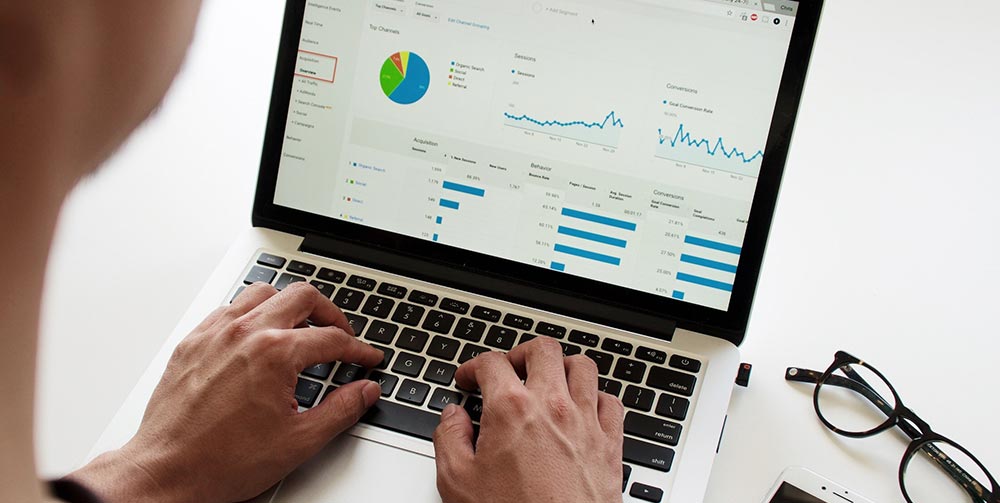
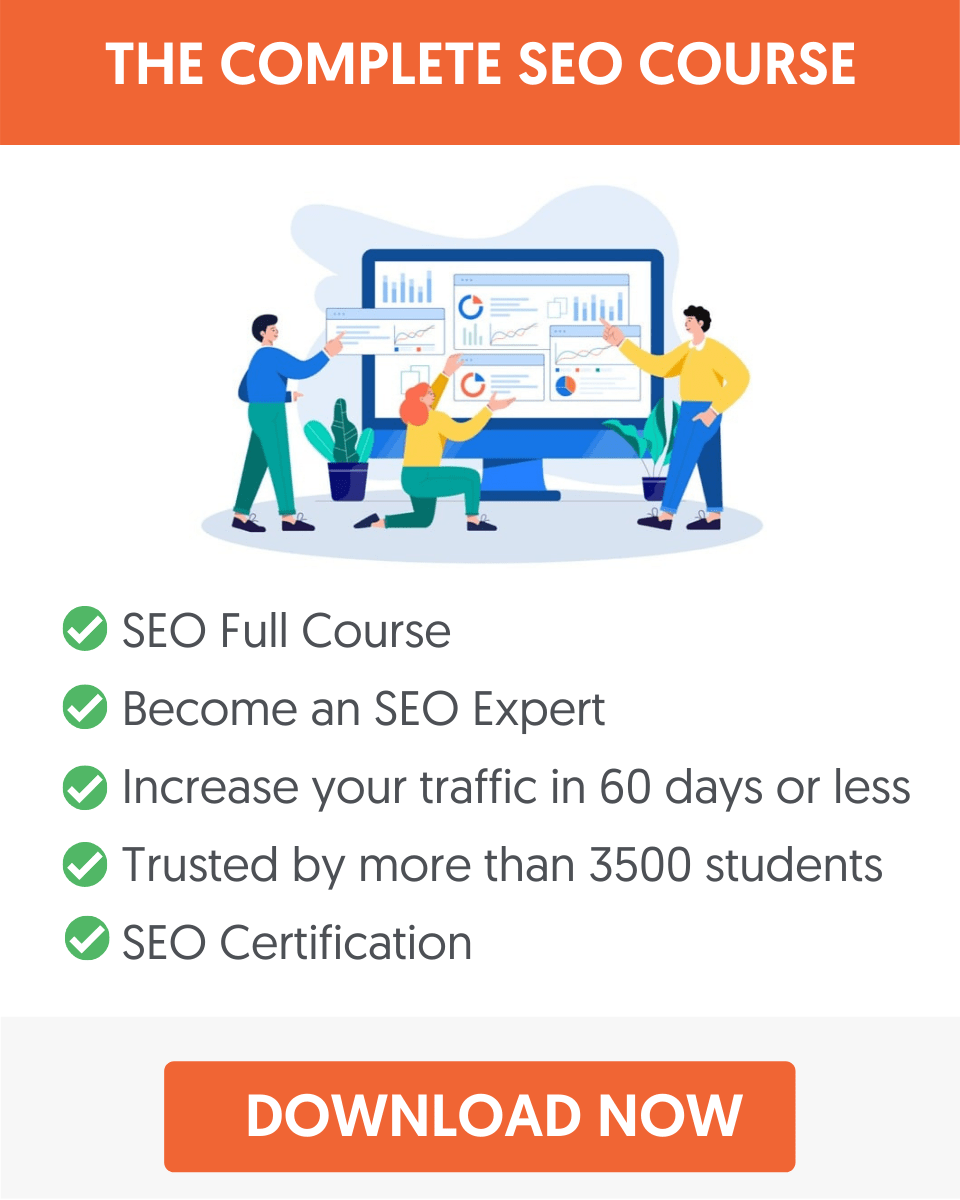

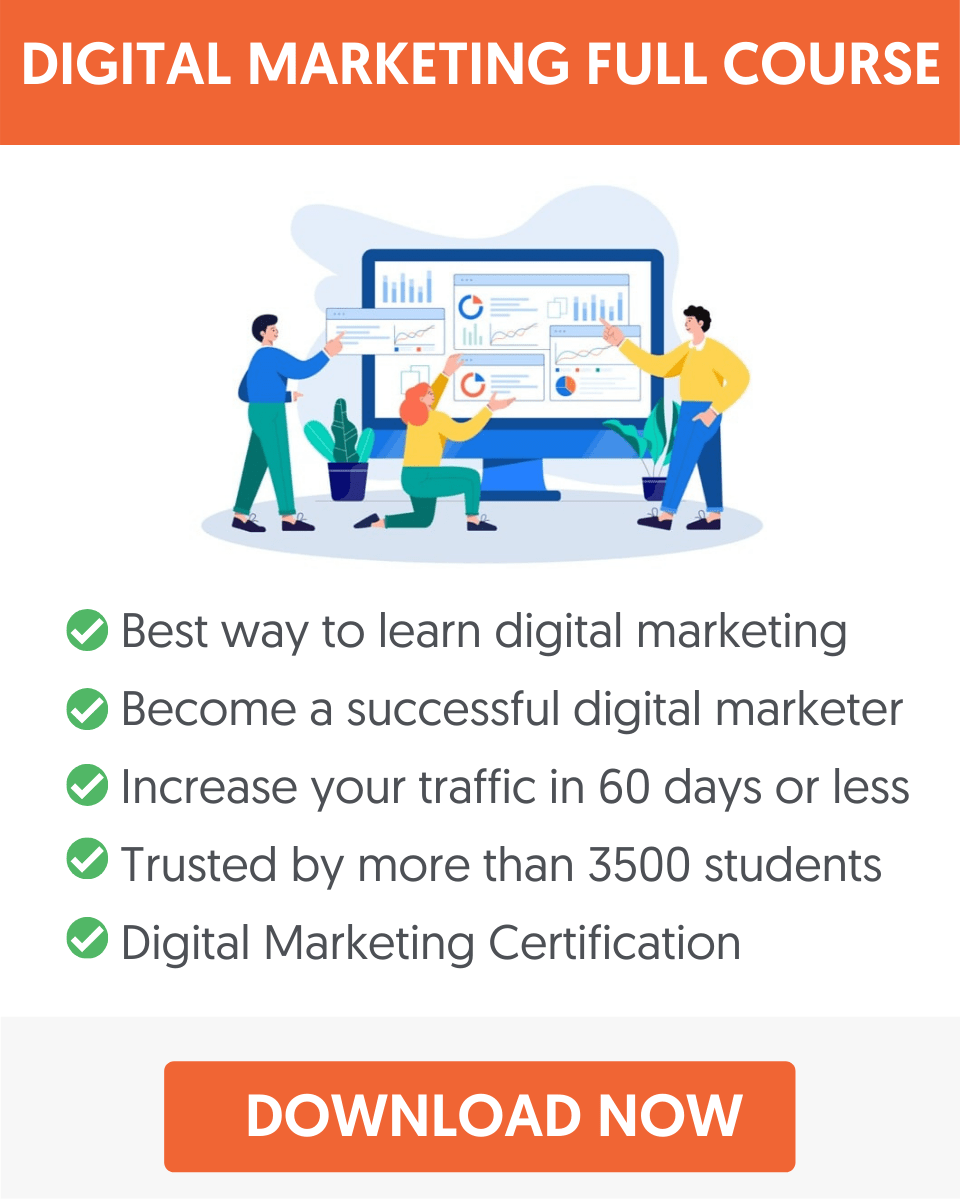

As a beginner in digital marketing, this was definitely an interesting post on the basics of traffic. Really helped me in understanding the difference between the terms. Thanks a lot!
You just helped me to understand a lot about organic traffic and other types. I have been blind for so long, now I know where I am going wrong. Thanks